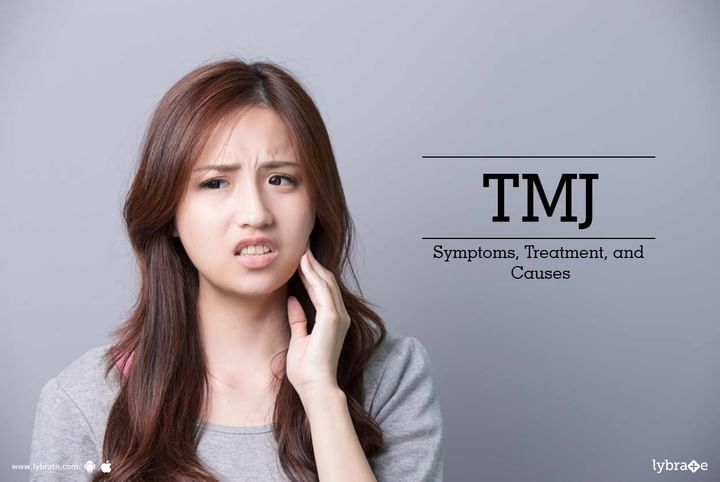TMJ Symptoms, Treatment, and Causes
The human jaw is a very important part of human anatomy and within it, the mandible or the lower jaw is very important as it is the movable part which helps you chew and enables you to open or close the mouth. The lower jaw is connected to the skull via the TMJ or the Temporo-mandibular joint. It works like a hinge which slides as and when required to allow movement of the jaw. TMJ disorder can be quite painful and limit you from normal activities and cause disruptions in your daily life.
Causes of TMJ-
The TMJ works as a movable joint where the bone area in contact with each other is covered by cartilage and a small shock absorbing soft disk separates the two cartilages. The disk enables the movements to be smooth. Any changes in this arrangement will usually result in pain. The primary causes for TMJ disorders could be summed up as follows –
-
Misalignment – If the TMJ moves out of alignment due to underlying factors, it will cause pain and the inability to move the joint.
-
Erosion of the cartilage or the disk – If the cartilage or the disk separating them erodes, then TMJ disorders might occur.
-
Arthritis – Just as arthritis affects knees, wrists, elbows and finger joints, it could cause TMJ disorders as well.
-
Impact – One of the most common causes of TMJ disorders, this may occur due to injuries sustained from forceful impacts.
Symptoms-
-
Pain or tenderness around the jaws.
-
You may experience pain on either or both sides of the temporo-mandibular joint.
-
Even if you don’t have pain in the specific joint, you may have an aching facial pain.
-
The most common and typical symptom of TMJ is of pain while chewing. Your pain may progressively get worse over time if you have a deteriorating condition.
-
Pain in and around the ears may also be a symptom of TMJ disorders.
-
Difficulty in opening or closing your jaw either due to stiffness, pain or both.
Treatment-
Treatments vary between various methods and approaches and the severity of the pain or condition and the underlying causes. Some of the options are:
-
Oral Medications – Pain killers, muscle relaxants and anti–inflammatory medications are usually prescribed to reduce pain while the jaw may be healing or for underlying causes that may result in pain.
-
Physical Therapies – This is another common method wherein the doctors may use a device to keep the jaw stiff or stop them from moving in a particular way in which it causes pain. Mouth guards or oral splints are such devices. Dislocation may have to be corrected by physical pressure and setting the bone back into the joint as well.
-
Surgery – In certain cases, surgery may also be required to correct chronic pain, especially wherein the underlying condition may keep causing problems. If you wish to discuss about any specific problem, you can consult a Dentist.



+1.svg)
